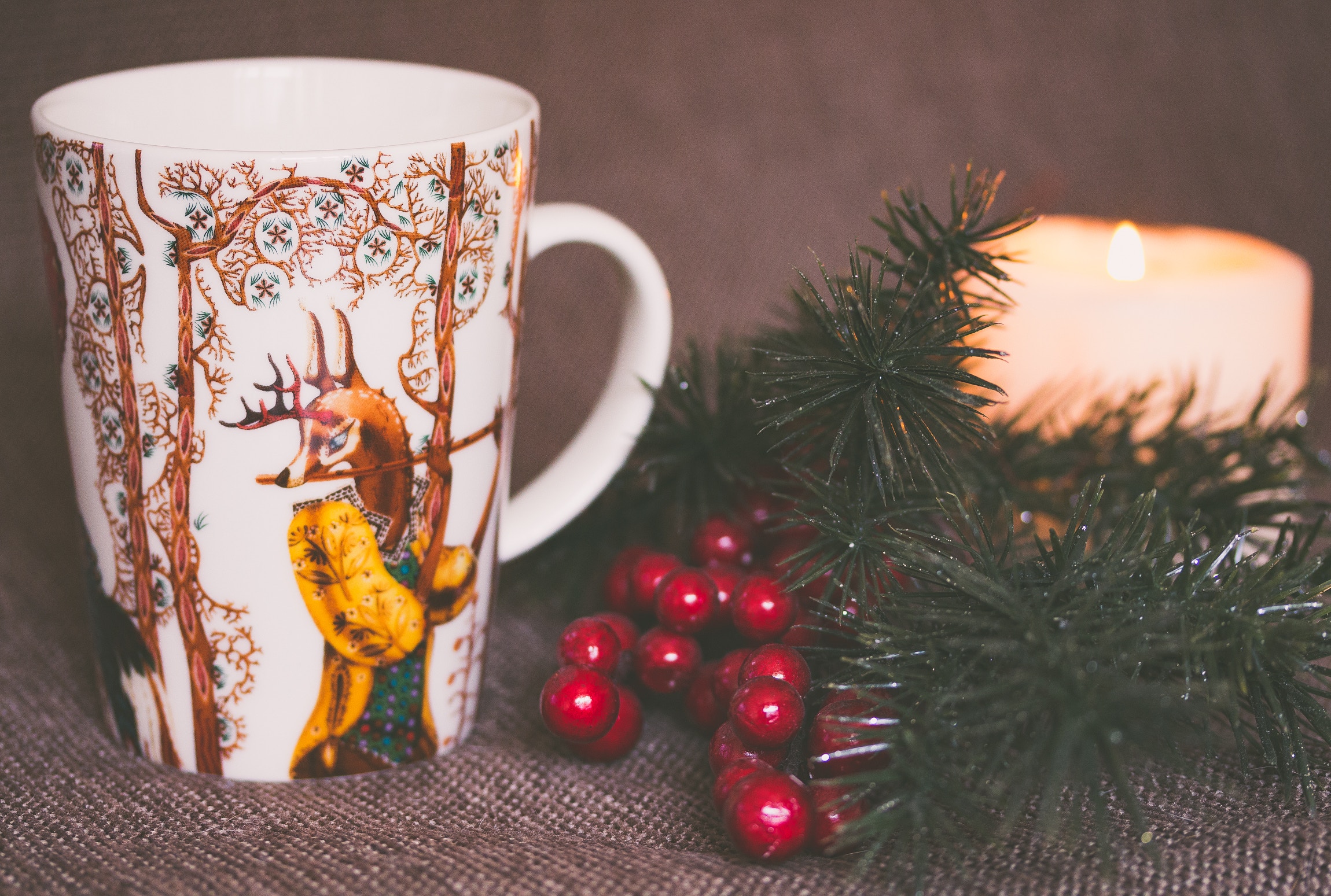Anxiety can make a good night’s sleep very difficult. Maybe your mind is on overtime and you can’t fall asleep right away, or you wake up at night full or worry. Or maybe you struggle with insomnia and you’re awake most of the night. No matter what the issue, the lack of a good night’s sleep affects your health and your mental health.
Sleep gives your body and mind the chance to reboot, and just like a computer if there are glitches in the system and you don’t reboot the glitches continue. Maybe your stress carries into the next day. Maybe you’re not thinking as clearly as you would like, and maybe you’re just exhausted.
I can remember having trouble falling asleep as a child being terrified when I was the only person awake at night and I still struggle with sleep from time-to-time, but I’ve learned some ways to help me manage.
In my post for Good Therapy this month, Can Better Sleep Help You Manage Anxiety? I share some well-researched and some common sense tips to help you sleep better, and maybe feel less stressed when you’re not sleeping.
In other news, this week on the Woman Worriers podcast I’m talking to Rebecca Wong, LCSW about relationships, anxiety, boundaries and intimacy. You can find the interview here.
“This is the work of living relationally: To really show up in relationship with our partners and ourselves.”
Also, the Woman Worriers Mindfulness groups begin in this month! Early bird pricing is still available and there are only two spots left! The group is for you if:
· You’re always in your head — thinking, planning, reassessing….
· You believe that your stress and anxiety impact your relationships.
· Your anxiety holds you back from living your life fully.
· Your worries wake you up at night or make it hard to fall asleep.
· You’re tired of your anxiety taking control.
You can reach out if you’d like more information on any of the information above. Please feel free to share this information with anyone who might benefit!
Elizabeth Cush, LCPC is a therapist, blogger, creator and host of the Woman Worriers podcast, and the owner of Progression Counseling in Annapolis, Md. She helps busy, overwhelmed men and women manage their anxiety and stress so they can live their lives with more ease, contentment and purpose. If you'd like to know more about how individual and group therapy can help ease anxiety and stress call me 410-339-1979.





















